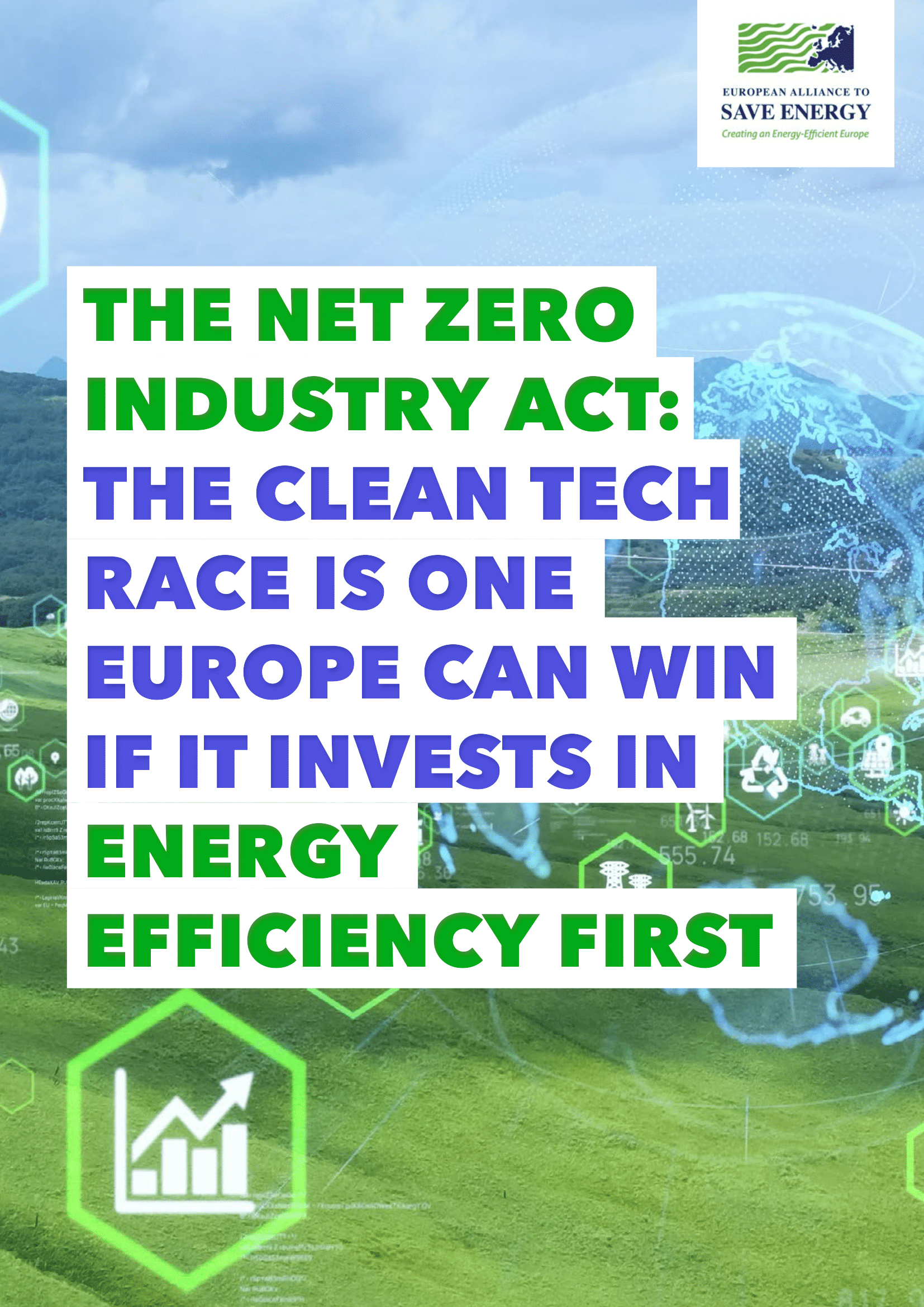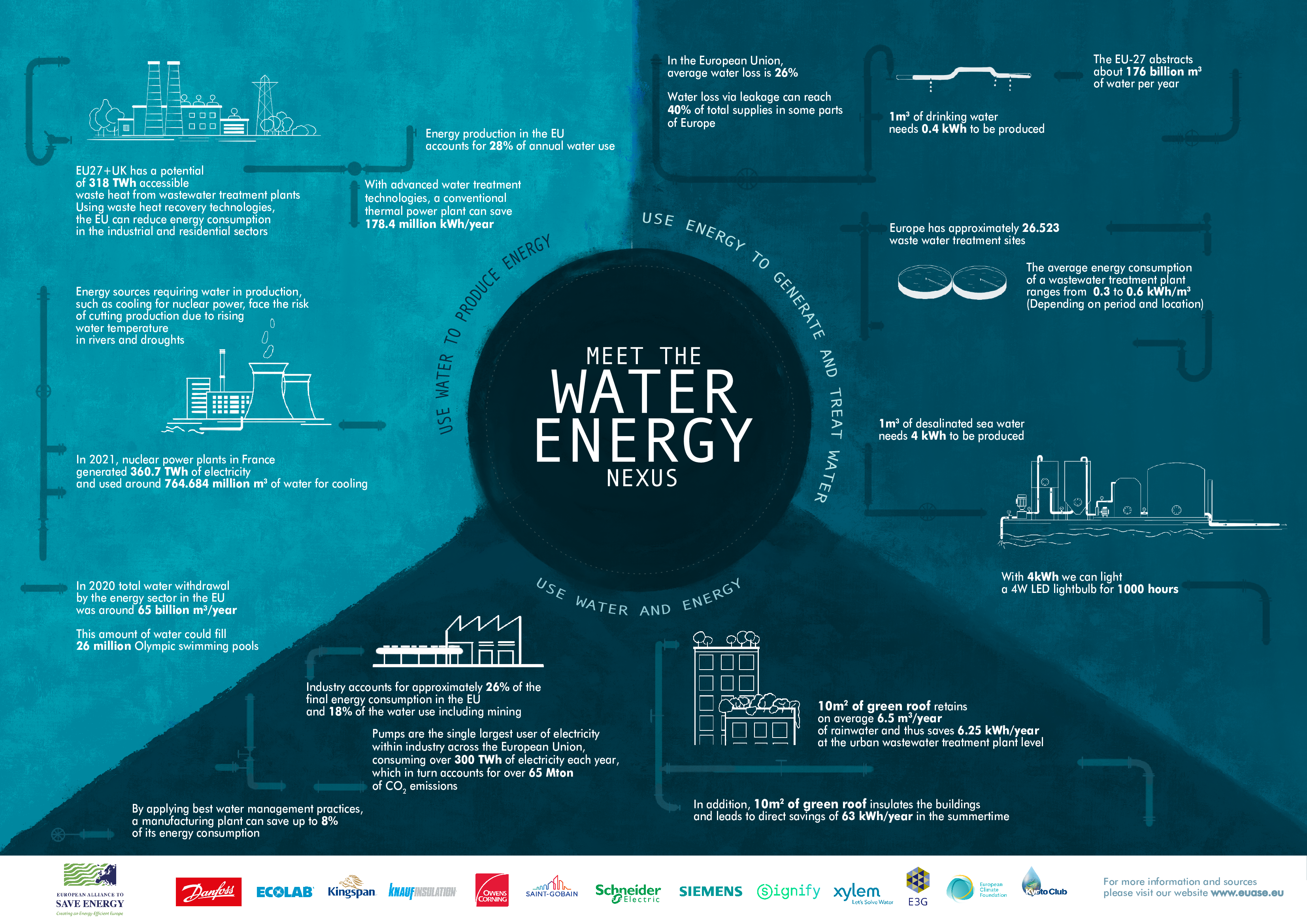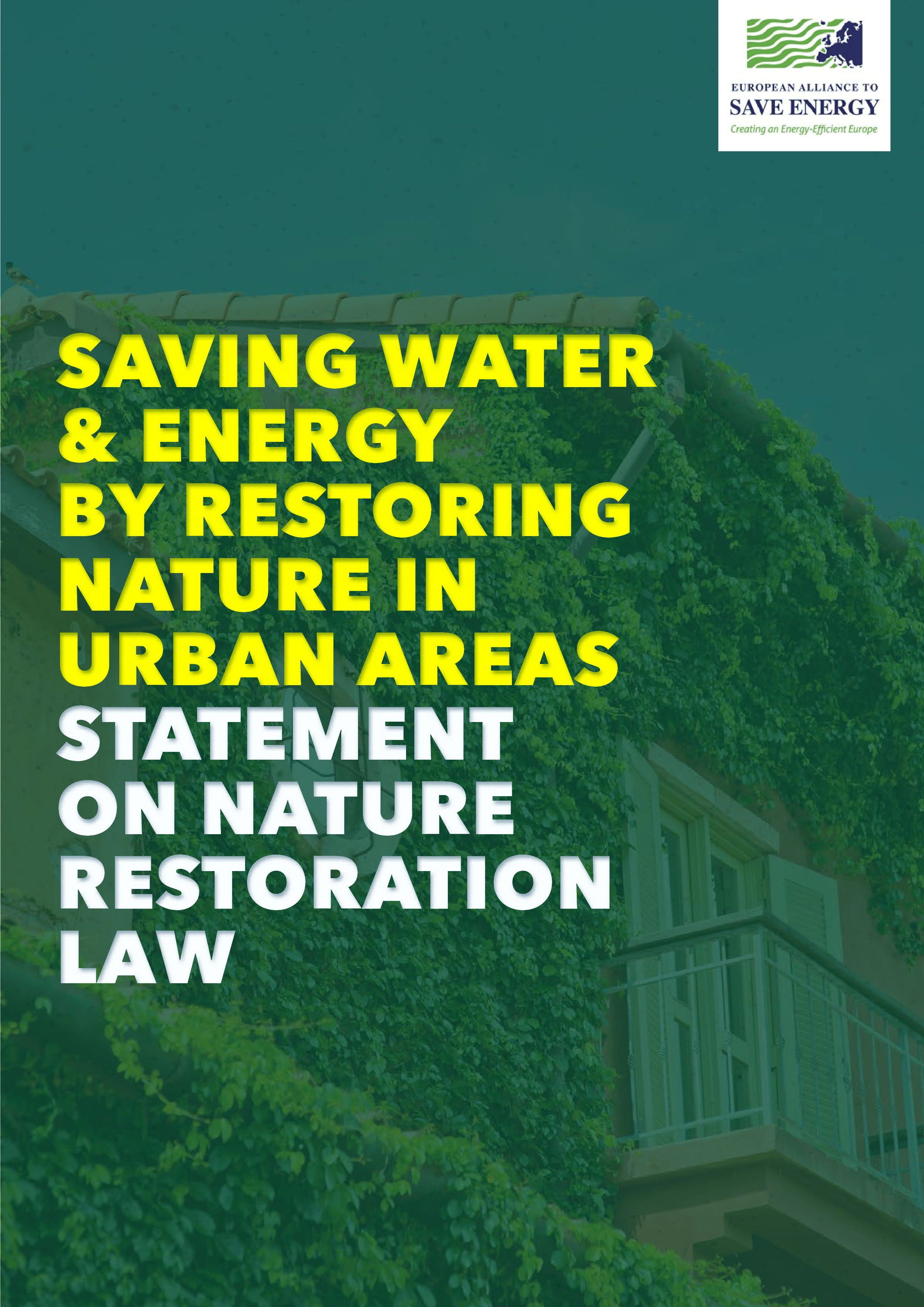Owens Corning, a global building and construction materials leader, joins European Alliance to Save Energy

The European Alliance to Save Energy (EU-ASE) welcomes Owens Corning as a key partner to advance energy efficiency and contribute to a more sustainable Europe.
Brussels, 14 September 2023 – The European Alliance to Save Energy is delighted to announce that Owens Corning, a global building and construction materials leader, mainly known in Europe for its insulation (PAROC, FOAMGLAS, Pittsburgh Corning) and composites businesses (Owens Corning Composite Materials), is joining EU-ASE as its newest member.
Owens Corning has a long history of developing innovative, energy-saving solutions, and collaborating with a broad range of stakeholders to drive excellence and best practices in the field of material innovation and energy efficiency.
Monica Frassoni, President of the European Alliance to Save Energy (EU-ASE), said: “We are very happy to welcome Owens Corning as a member of the European Alliance to Save Energy. As a multinational company known for its innovative and forward-looking solutions, Owens Corning is a great match with our ambition to promote the energy efficiency agenda on a European level. We look forward to drawing from their global experience and working on this agenda together.”

Federica Rizzo, Regulatory and Sustainability Senior Counsel European Region at Owens Corning commented: “Owens Corning is honored to join the European Alliance to Save Energy (EU-ASE). This is an exciting opportunity to strengthen our partnerships with key stakeholders and continue to build a sustainable future through material innovation. We are committed to the European Green Deal objectives and will continue to share best practices and knowledge across industries on key sustainability topics, such as energy efficiency, sustainability, and digitalization, while contributing to the green transition in Europe.”
Click to download the full PR in PDF format.
Media contact: Luigi Petito
Head of Secretariat
info@euase.eu
About us The European Alliance to Save Energy (EU-ASE) is a cross-sectoral, business-led organisation that ensures that the voice of energy efficiency is heard across Europe. EU-ASE members have operations across the 27 Member States of the European Union, employ over 340.000 people in Europe and have an aggregated annual turnover of €115 billion.



